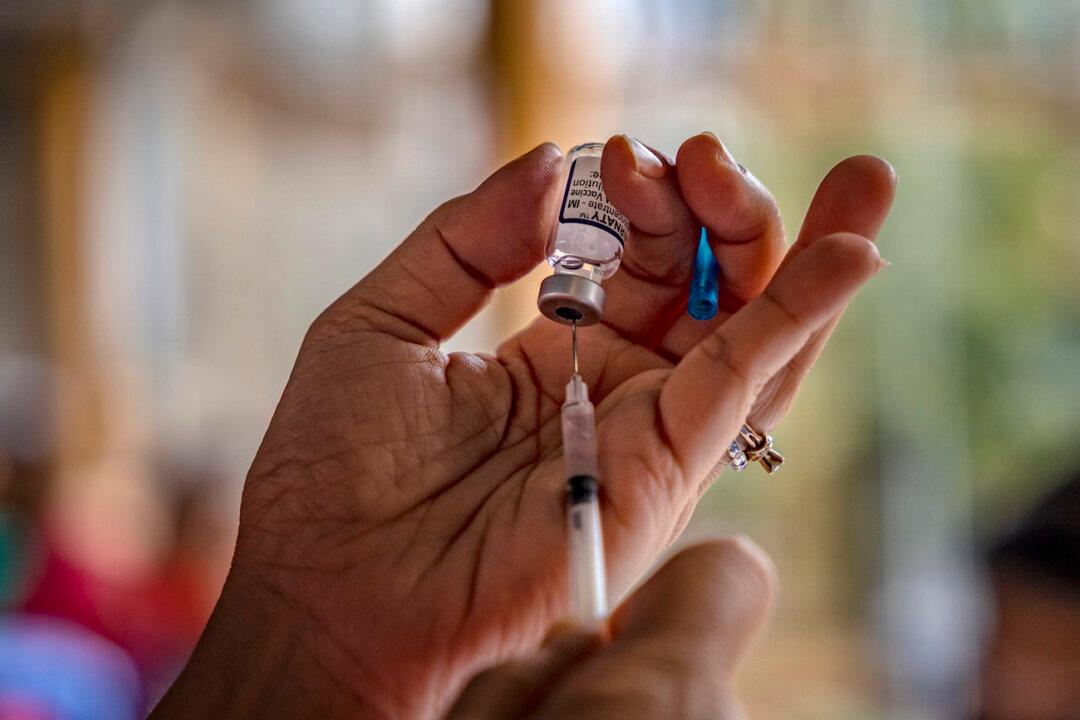New Zealand’s health service is seeking to obtain temporary guardianship of a baby after the boy’s parents refused to allow blood from vaccinated people to be used in his heart surgery.
In an interview uploaded on Monday by Kiwi broadcaster Liz Gunn, the parents said their four-month-old son was diagnosed with severe pulmonary valve stenosis and needs open-heart surgery to allow blood to flow properly around his body.




